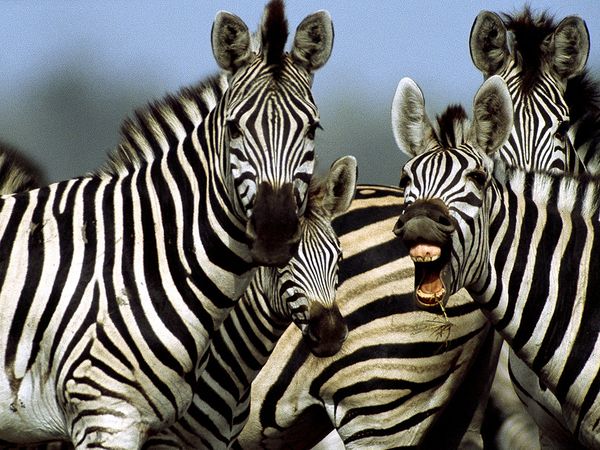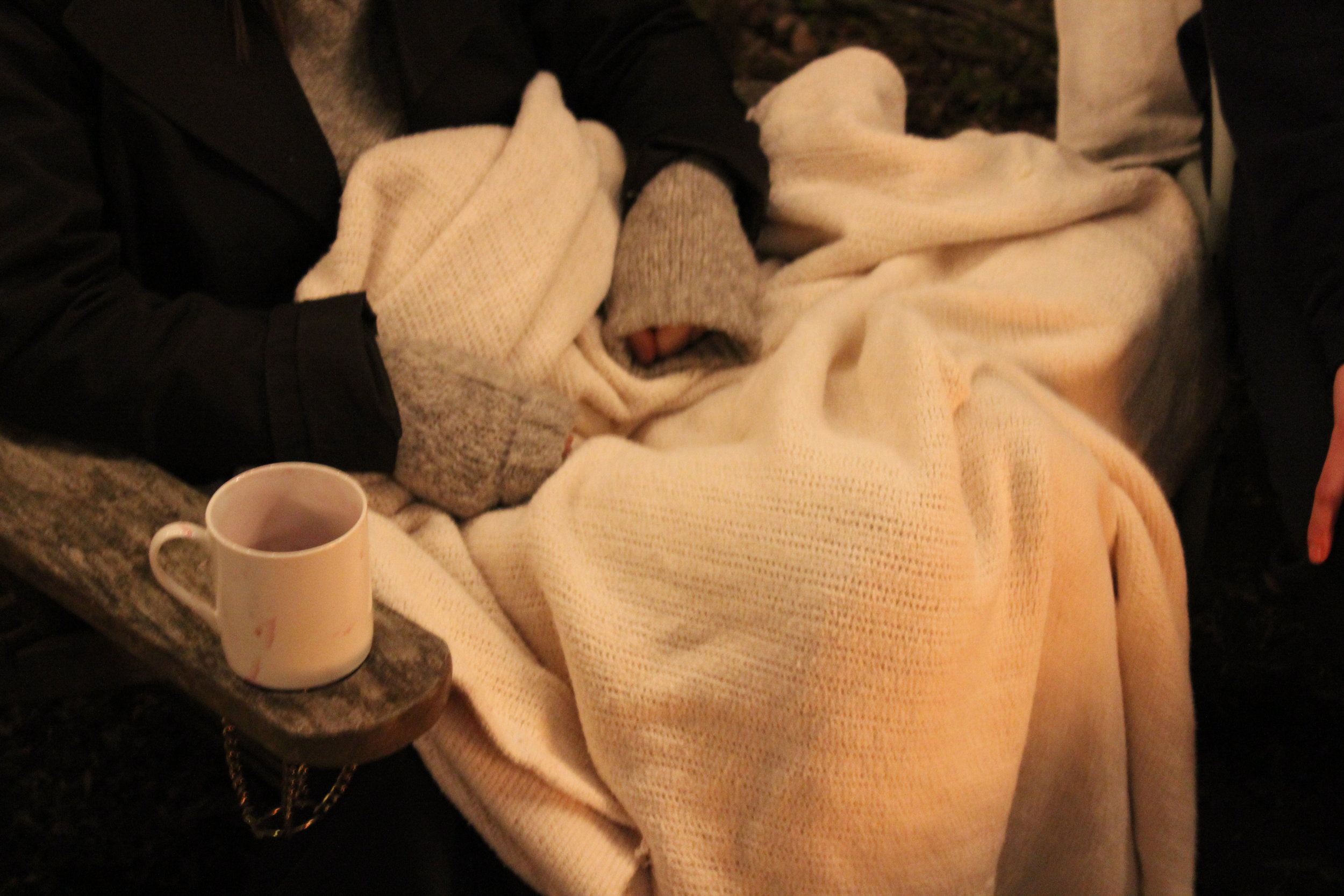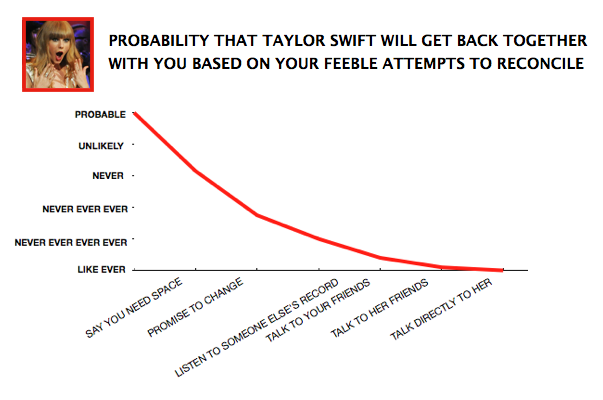It's a question I hear pretty often—and it's a question Kim Green heard me ask about a year ago. If you love writing, chances are you've asked it too, even if only in your own head. Is it possible to make writing a full-time career? And if so... HOW?

The answer is I have no idea.
I really don't. But like Kim did for me, I try to answer with as much honesty as I can muster. Usually, it means saying that this life isn't easy. There is less certainty, more isolation. There is less money, more inspiration. But if you love it. If you stick with it. If you hustle and pitch and try and don't give up and keep writing when it hurts and feels stupid... there is a career in it.
Right?
So, last week when my college buddy Sadie Cone called to ask this question—the question I STILL ask myself every day—I had the forethought to record the call.
Want to know what we said?
GIBSON: Okay Sadie... so tell me about where you are. Are you working? What's going on with you?
CONE: So, I graduated from Grad School last May, I got my masters in Mass Communications from the University of Florida. Right now, I'm teaching part time at UF. I guess I started my interior design and event-planning blog as part of my class, and that's been really fun, but I don't know if I should write about interior design, because I'm so used to it, or if I should branch out and do other things? During one of my classes, I profiled a prison chaplain, and I loved it, so I want to get more into writing features.
GIBSON: If you want to branch out, I feel like one of the best places to start that people often overlook is just your local paper. Newspapers are going through a lot of growing (and shrinking) pains right now. And they're using freelancers much more because they don't have to pay you a salary or healthcare or anything. They don't pay a ton, and I had to understand that going in, I'm going to have to do some grunt work at the beginning to be able to make a living at this. But I think that the local newspaper is a really good place to start.
CONE: So how did you make the jump from the local paper to The Christian Science Monitor?
GIBSON: Well, I had this idea for a long time that I wanted to write a story about a veteran. My dad was in the Army, and I really respect what our service men and women do, and I had a friend and I knew his story that he'd been injured in Afghanistan, and he was living in Boston, he was at Harvard.
So I knew I wanted to write a story about him but I didn't know where, I didn't know where it would fit. And in a separate story, I was writing about an author and I'd done some research on where she had done her writing, and I noticed on her bio that she'd done some work for the Christian Science Monitor, so i poked around on their website, and realized that they publish news stories about veterans regularly, and they are based are out of Boston. So I was like "Oh! My friend is in Boston, the Christian Science Monitor is in Boston, maybe that's where I should pitch the story." So I pitched it out of the blue. Never thought I'd get a response. And I did. And it terrified me.
CONE: So I guess I just need to start researching and coming up with ideas. Do you keep a journal of ideas? How do you come up with ideas?
GIBSON: That's a really good question. Finding stories is like that's what it's all about. You can honestly be a pertty bad writer, but if you have a really good Idea i think you can find your way in. First and foremost I think it's talking to people, just really being out in the world. Like, go to coffee shops and do work at coffee shops and meet people and tell people you're a writer, and half the time someone's going to come to you and say "oh i have a really good idea for a story." So just telling people you're a writer and owning it, stories will start coming to you because people have stories they want to tell, but they're not writers, and they need you.
I keep an excel spreadsheet of stories I'm working on, but I don't have any specific place I keep ideas. I guess I just keep them in my brain.

GIBSON: Have you given a lot of thought to how to make a living doing this?
CONE: It's been interesting. I've always loved to write. My mom even says that I've always loved to write. I like the creative freedom of it. So I have this job teaching right now, but I just want to write. I love to learn and I love to tell stories, so I just want to do that. What are your thoughts about making a living as a writer? Do you think you'll do it the rest of your life?
GIBSON: Well. I think those are two different questions. Can you make a living as a writer? The answer to that is yes. People make a living as writers all the time. Its just a matter of how you want to go about it. The straightest path to make a living is to find a 9-5 job, that's going to pay a salary and a living wage. That's just a given.
But when I first started writing, I was sitill a teacher, too, and especially in the summer, I had the flex time where I wasn't working but I was still getting a paychaeck. I was able to really focus on my first stories, and to get as many words on paper as I could possibly do. As my teaching paycheck stopped, I had a part time job at a magazine, which helped my pay check, but I wasn't writing as much, I was managing. If I wasn't married, it would have been essential in those early months to have something part-time or 3/4 time income, so I could build my portfolio. This year, January was a good month. March sort of sucked. So you just have to know that it's going to ebb and flow. But it's not impossible and it's not crazy. And yes, I hope to be doing it the rest of my life.
CONE: Yeah, I guess no one goes into this thinking they're going to strike it rich.
GIBSON: I'd like to strike it rich.
CONE: (Laughs) True, but I guess not all of us are going to be Lena Dunam.
GIBSON: Not all of us are willing to go to the lengths she has, if you know what I'm saying.
CONE: Well, I'm just glad to hear all of this, because even in journalism school, they say journalism is a dying breed.
GIBSON: No! It's a changing breed, not a dying breed. And in fact since it's changing so much—we need great writers more than ever before. Anyone (myself included) can go publish words today, but it doesn't mean they're great. So if there are a handful of us out there trying to be great at this... that's important. There's never been so much space for words, you know, which can be overwhelming, but it just shows that there's a lot of opportunity.
--
So, there you have it folks. Our conversation went on for quite a while, but I tried to keep it simple here, and just focus on the most important nuggets.
What do you think?
Writers... how did YOU become a writer?
Other people... how did you get started in the field you're in?
I'd love to hear your thoughts.




 I have this very vivid memory of lying to my mom. A pointless, aimless lie. We were living in Virginia and I was nine. I dropped a glass of lemonade on the kitchen floor—it splattered, shattered everywhere, and I hastily cleaned up the pieces, but left the lemonade behind on the floor. I guess I was being lazy. When my mom got home, she asked what I’d spilled. “Water,” I lied. It was lemonade, and I’m sure she felt the dried sticky sugar under her loafers. And I knew she knew. I was a
I have this very vivid memory of lying to my mom. A pointless, aimless lie. We were living in Virginia and I was nine. I dropped a glass of lemonade on the kitchen floor—it splattered, shattered everywhere, and I hastily cleaned up the pieces, but left the lemonade behind on the floor. I guess I was being lazy. When my mom got home, she asked what I’d spilled. “Water,” I lied. It was lemonade, and I’m sure she felt the dried sticky sugar under her loafers. And I knew she knew. I was a 

